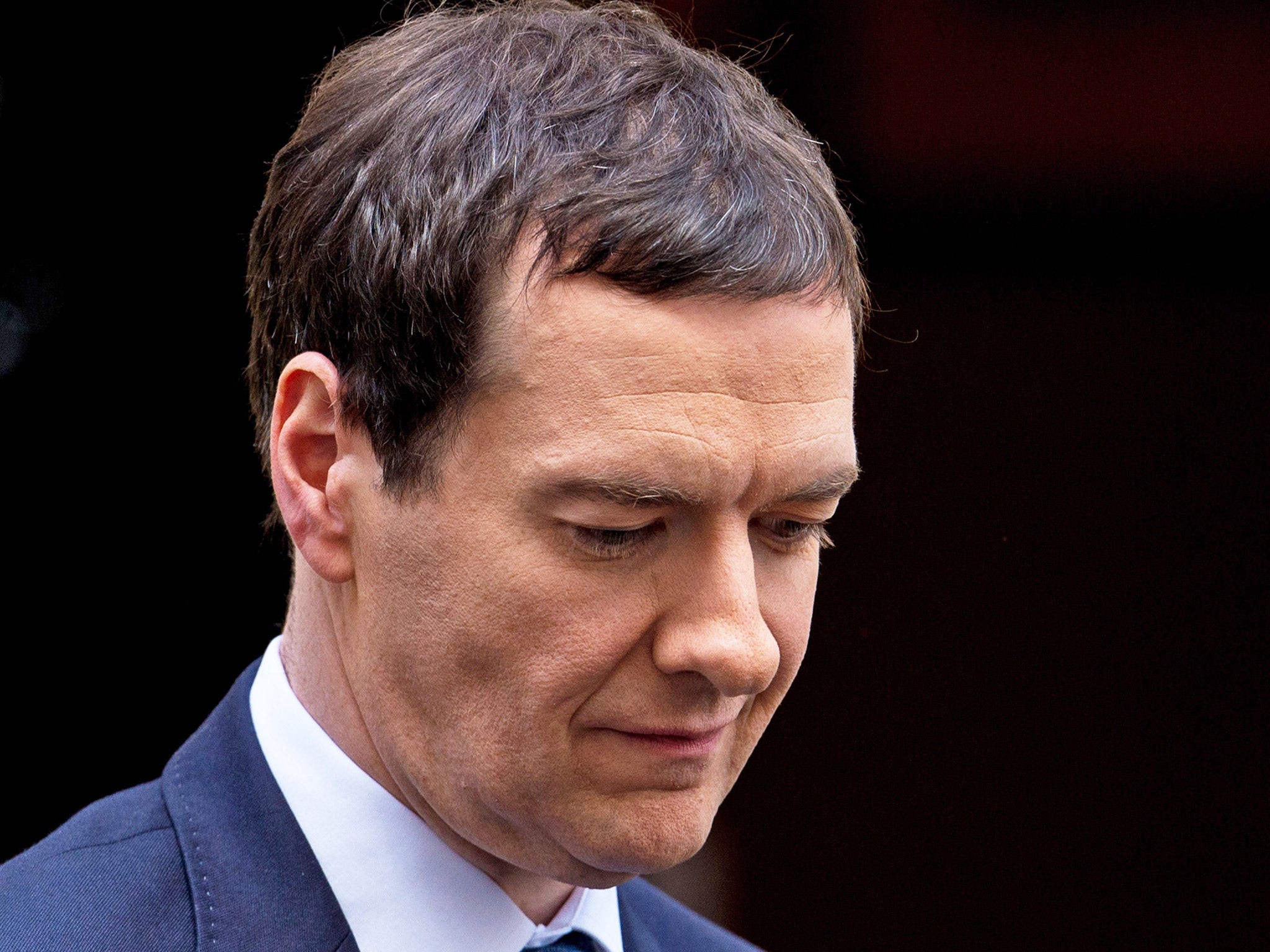Boris Johnson's huge gamble and a fatally wounded Chancellor shows new hopefuls for Tory leader are emerging
We don’t yet know when the leadership race will begin in earnest; Mr Cameron does not look like someone in a hurry to go

Your support helps us to tell the story
From reproductive rights to climate change to Big Tech, The Independent is on the ground when the story is developing. Whether it's investigating the financials of Elon Musk's pro-Trump PAC or producing our latest documentary, 'The A Word', which shines a light on the American women fighting for reproductive rights, we know how important it is to parse out the facts from the messaging.
At such a critical moment in US history, we need reporters on the ground. Your donation allows us to keep sending journalists to speak to both sides of the story.
The Independent is trusted by Americans across the entire political spectrum. And unlike many other quality news outlets, we choose not to lock Americans out of our reporting and analysis with paywalls. We believe quality journalism should be available to everyone, paid for by those who can afford it.
Your support makes all the difference.Watching David Cameron tear Jeremy Corbyn apart in the House of Commons is reinforcing the brash confidence of Conservative MPs that the 2020 general election is as good as won. Some despairing Labour MPs agree. If Labour really has lost the will to win, when the Conservatives hold their next leadership election, they will be choosing someone who could be prime minister until 2025 or beyond.
Under current party rules, Conservative MPs will whittle down the list of contenders to a shortlist of two, handing the final choice to the party membership. Until just over a week ago, it seemed self-evident that those two names would be George Osborne and Boris Johnson.
The Chancellor was what might be called the Establishment choice. He could expect to have the larger number of MPs behind him. His selling point would be reliability. Boris Johnson’s would be showmanship, and while his support in Parliament might look shaky, he could reasonably hope that the huge gamble he took by joining the Leave campaign would be rewarded by a predominantly anti-EU membership.
But how that has changed in one extraordinary week. Mr Osborne has suffered a humiliation unmatched by any chancellor in recent memory in being forced to renounce a major part of his Budget only 48 hours after delivering it. Though his Tory colleagues turned out to support him on 22 March, and the following day Mr Cameron praised him for having “delivered the fastest-growing economy in the G7”, there is no question but that he is seriously damaged.
And at a time when Boris Johnson ought to be motoring ahead in the leadership scramble, several of his recent appearances, particularly one yesterday before the Commons Treasury Committee, have shone a light on his inconsistency and the joviality which can give the impression that he is not serious.
“There aren’t any good economic arguments for staying in the European Union,” he told his startled audience yesterday. Yet as recently as February he was writing in The Daily Telegraph that “the single market is of considerable value to many UK companies and consumers”.
Less than two weeks ago he declared: “We can strike a deal as the Canadians have done.” Yesterday he said: “I don’t want to imitate the Canadian deal.” In October he was “totally in favour of people being able to make their lives in another country”. Yesterday he blamed uncontrolled immigration from the EU for driving down wages. The Treasury Committee’s Tory chairman, Andrew Tyrie, accused him of presenting “a very partial, busking really, humoresque approach to a very serious question”.
With the two biggest beasts licking their self-inflicted wounds, others lurk in the bush. The Home Secretary, Theresa May, is the most successful female Conservative politician since Margaret Thatcher. The Business Secretary Sajid Javid and the recently promoted Work and Pensions Secretary Stephen Crabb have good back stories. The Education Secretary Nicky Morgan has not ruled herself out, either. And if those campaigning to leave the EU band together to get one of their own on the shortlist, there is the Justice Secretary Michael Gove, the Employment Secretary Priti Patel, or the former Defence Secretary Liam Fox to choose from.
We don’t yet know when the leadership race will begin in earnest; Mr Cameron does not look like someone in a hurry to go. He may have decided that the Conservatives would maximise their chance of success by entering the 2020 election under a brand new leader, but there is time for a new favourite to emerge.
Join our commenting forum
Join thought-provoking conversations, follow other Independent readers and see their replies
Comments